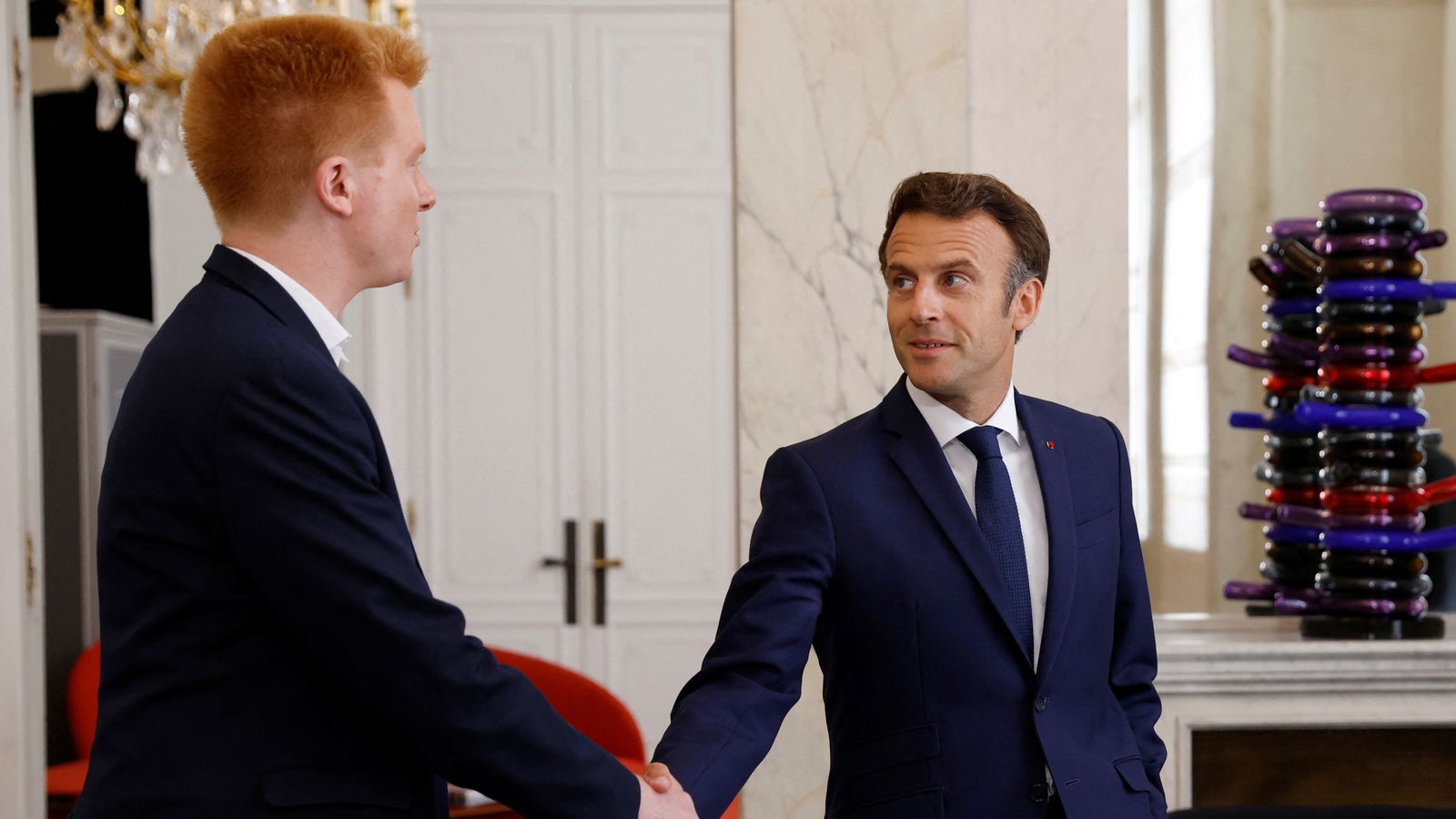Emmanuel Macron has admitted there are “deep divisions” in France as he scrambles to avoid political deadlock after his party lost its parliamentary majority.
In an address to the nation, the French president said the country’s party leaders must learn to compromise – and he would seek to establish a working majority over the coming weeks.
It was the first time Mr Macron had spoken publicly since he suffered a major political blow in France’s national elections on Sunday, which left the country with a hung parliament.
He said: “I cannot ignore the fractures, the deep divisions that run through our country and are reflected in the composition of the new (National) Assembly.
“We will have to clarify in the course of the next few days how much responsibility and cooperation the different formations in the National Assembly are prepared to accept.”
Mr Macron ruled out the idea of a “national union” that would include all political forces in the government as “not justified to this day”.
Some of his ministers have been unequivocal about not working with Marine Le Pen’s far-right party National Rally.
France elections: Emmanuel Macron’s centrist alliance fails to win outright majority
France elections: Emmanuel Macron could lose parliamentary majority to left-wing coalition of socialists and greens
French election: The maps that show why Emmanuel Macron should be worried ahead of upcoming National Assembly elections
The French president said he would spend the next two days at an EU summit, and it was up to the political party leaders to say “how far they are prepared to go”.
However far-left leader Jean-Luc Melenchon immediately dismissed Mr Macron’s speech, describing it as “ratatouille”.
He called on French Prime Minister Elisabeth Borne to put forward the government’s roadmap to a parliamentary vote.
“There cannot be any other realities than this: the executive is weak, the National Assembly is strong,” Mr Melenchon said.
Read more:
Newly appointed French minister accused of rape by two women
Mr Macron – who was re-elected as president in April – had enjoyed full control over parliament during his first term from 2017 until Sunday’s results.
His televised address came after two days of back-to-back meetings with the leaders of rival parties.
But those rivals appear determined to remain in opposition to Mr Macron and not keen to cooperate or compromise with him.
Earlier on Wednesday, far-right leader Marine Le Pen appeared at the National Assembly with the newly elected parliament members from her National Rally party, which obtained a historic score of 89 seats.
Mr Macron’s Together! alliance won the most seats with 245 – but that’s 44 short of a majority in France’s most powerful house of parliament.
The main opposition force is the leftist Nupes coalition, created by hard-left firebrand Jean-Luc Melenchon, with 131 seats.
The outcome will make it harder for Mr Macron to accomplish campaign promises like measures to boost purchasing power, tax cuts and raising the minimum retirement age from 62 to 65.
His government still has the ability to rule, but only by bargaining with legislators.









